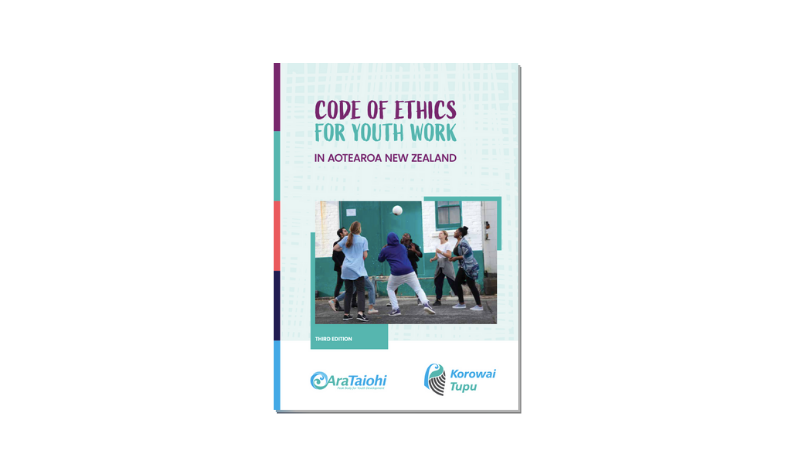20th Century — International Context
The evolution of Youth Work as we know it today started in the mid 1800s as Youth Work organisations started developing in the United Kingdom (e.g. YMCA, Girls Club Union, Boys’ Brigade, Scouting). The form and focus of these organisations were strongly shaped by both popular and scientific definitions of adolescence. Psychologists G. Stanley Hall, Sigmund Freud, Erik Erikson and others emphasised this developmental stage as one of trial, anxiety and awkwardness resulting from radical physiological development and sexual awareness. Youth Work programmes and relationships therefore focused on strong discipline and boundaries.
Over the decades, our experience increased, understanding of youth development, societal needs, and political priorities have shaped the development of Youth Work. Research, training, government initiatives and targeted funding have also played their part. Youth Work has diversified, adapted and evolved to better enhance the development of young people in Aotearoa – informed by global perspectives, but more confident in our own context and the role this plays in how we do Youth Work here.
Aotearoa — Post-colonisation
The journey of Youth Work in Aotearoa reflects international trends, an understand-ing of Māori youth development practices and responsiveness to the variety of young people in Aotearoa.
The first youth organisation established in Aotearoa was the YMCA, which began in Auckland in 1855 and opened in other regions soon after. In 1883, the Wellington Boys’ and Girls’ Institute (BGI), an association group of young people connected to St John’s Church in Wellington city, began. Further church-based groups soon formed. The introduction of “uniformed” organisations to Aotearoa from the UK began with the Boys Brigade being the first in 1889, followed by Scouts, Guides, Sea Cadets and the Air Training Corps. In 1932, Boystown (now Youth Town), originally a boxing gym in Auckland city, was established. All of these organisations relied on volunteers to be youth leaders/youth workers, as they largely continue to do today.
The 1970’s and 80’s saw a ground swell of community youth trusts and youth centres established to respond to perceptions of issues with “marginalised” youth. At the national level, concerns with the number of young people being recruited into gangs reiterated the urgency for holistic approaches to address young people’s needs. While this led to government initiatives to fund paid youth workers, scarcity of funding meant that there was still the need for volunteers to be involved.
The statutory response was to create the Youth Services Branch of the Department of Internal Affairs. A function of this branch was to appoint Youth Services Workers across the country to develop youth-focused programmes. These included the Youth Initiatives Fund and the Detached Youth Worker Funding Scheme to support individuals working with groups of “alienated” young people.
Denis O’Reilly was the first detached youth worker. His pioneering work with gangs created the first labour cooperative, which became a model for Special Work Schemes in the late 1970s. J-Teams (made up of Police, those from the community and the Department of Māori Affairs) were established in 1971 as a result of public perceptions in relation to youth offending in Auckland, often race-based.
Around the 1990’s youth workers began adapting the way they worked with young people. Closer ties to both kaupapa Māori and Pasifika communities solidified over this time and continued to evolve as understanding of differing needs grew. This occurred alongside a slow shift to prioritising Aotearoa-based research and a world-wide shift to positive youth development theory. The emergence of Rainbow Youth and Shakti aligned with changing needs and shifting attitudes.
In the 1990’s, Youth Work qualifications were delivered through Praxis which at the time was the only specific Youth Work training provider in Aotearoa. There were national Youth Work qualifications registered with the New Zealand Qualifications Authority (NZQA) which were being delivered through tertiary education providers and the Industry Training Organisation (ITO) that held the Youth Work qualifications which at the time of writing was Careerforce.
In the 2000’s, key sector leaders focused on developing Youth Work into a nationally focused and professional ‘industry’. By the mid to late 2000’s the National Youth Workers Network Aotearoa (NYWNA) had been formed. NYWNA wrote the first edition of this Code of Ethics and supported the development of the Bachelor of Youth Development at WelTec for youth workers in Aotearoa New Zealand.
Alongside the New Zealand Association for Adolescent Health and Development (NZAAHD, formed in the 1980s), NYWNA worked to form the peak body for youth development, Ara Taiohi. On the back of continuing calls to professionalise and raise the mana of Youth Work, Ara Taiohi led the 2018 establishment of Korowai Tupu the professional association of Youth Work in Aotearoa.
Youth Work continues to develop professionally, being led very much by the sector for the sector. Youth Work, like young people, is resilient. Our next stage of development is one that we look forward to with anticipation.
NextPurpose of the CoE